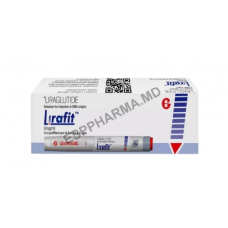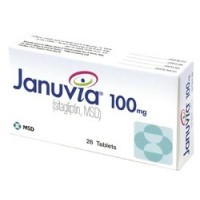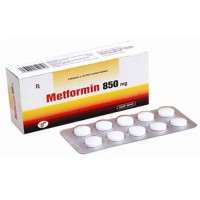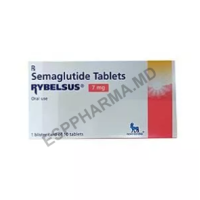Generic Saxenda (Liraglutide) Information
Generic Saxenda, known as liraglutide, is a GLP-1 receptor agonist used primarily for weight management in adults and children aged 12 and older who are obese or overweight with weight-related conditions like type 2 diabetes, hypertension, or high cholesterol. It mimics the glucagon-like peptide-1 hormone, which regulates appetite, slows gastric emptying, and increases satiety, helping patients feel fuller longer and reduce caloric intake. Liraglutide is also approved as Victoza for type 2 diabetes management in adults, but at a lower dose (up to 1.8 mg daily) compared to Saxenda (up to 3 mg daily for weight loss). Administered as a daily subcutaneous injection, generic liraglutide offers a cost-effective alternative to the brand-name Saxenda, with the same active ingredient and efficacy.
For weight loss, liraglutide is typically prescribed alongside a reduced-calorie diet and increased physical activity. Clinical trials, such as the SCALE study, showed that 62% of patients using Saxenda 3 mg daily lost at least 5% of their body weight over 56 weeks, compared to 34% on placebo, with an average loss of 8% of body weight. In type 2 diabetes, liraglutide improves glycemic control by enhancing insulin secretion and reducing glucagon levels, with studies showing an A1C reduction of 1% to 1.5% at doses of 1.2 mg to 1.8 mg daily. Treatment often starts at 0.6 mg daily, increasing weekly by 0.6 mg to minimize gastrointestinal side effects, up to the target dose.
Generic liraglutide is not FDA-approved for type 1 diabetes or diabetic ketoacidosis, and its safety in children under 12 for weight loss or under 10 for diabetes is unestablished. It’s not a first-line treatment for diabetes and should be used with caution in patients with renal or hepatic impairment.
Warnings and Precautions: Liraglutide carries a boxed warning for the risk of thyroid C-cell tumors, including medullary thyroid carcinoma (MTC),
based on animal studies. It is contraindicated in patients with a personal or family history of MTC or Multiple Endocrine Neoplasia syndrome type 2 (MEN 2). Serious risks include pancreatitis (severe abdominal pain, nausea, vomiting), hypoglycemia (especially with insulin or sulfonylureas, causing sweating, shakiness), acute kidney injury (from dehydration due to nausea or diarrhea), and gallbladder disease (e.g., gallstones, with symptoms like upper abdominal pain). Other concerns include increased heart rate, suicidal thoughts, and hypersensitivity reactions (e.g., rash, anaphylaxis). Liraglutide should be avoided during pregnancy due to potential fetal harm and is not recommended while breastfeeding. Patients with a history of depression, gastroparesis, or severe gastrointestinal disease should consult their doctor, as liraglutide may exacerbate these conditions.
Always discuss risks with a healthcare provider before starting treatment.








